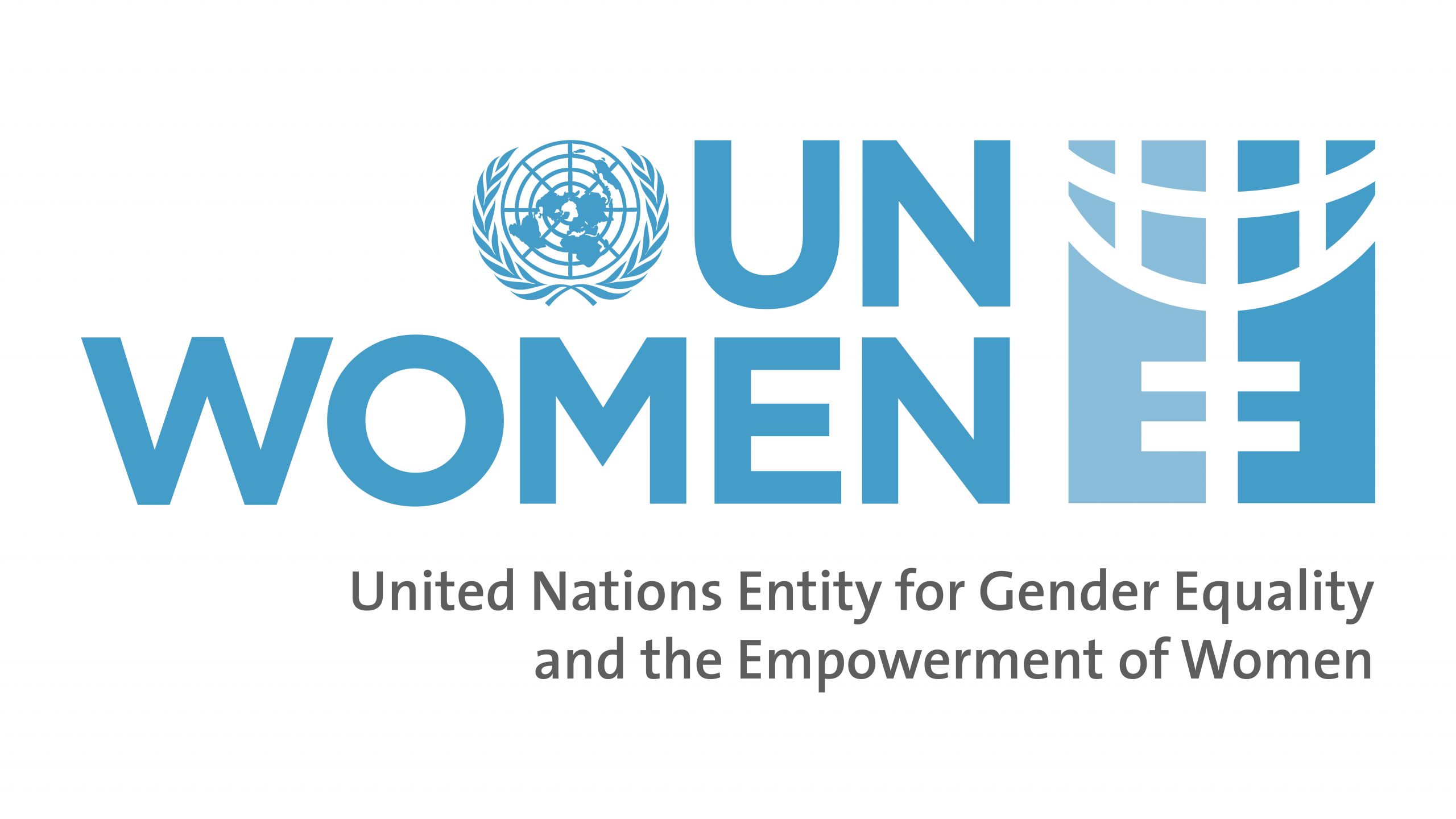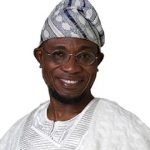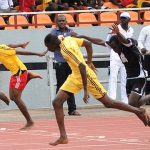
Women As Instruments of Peaceful Elections – The Osun Case Study
 The active engagement of women in peace building processes at all levels contributes in no small way to sustainable peaceful co-existence among people and having peaceful elections.
The active engagement of women in peace building processes at all levels contributes in no small way to sustainable peaceful co-existence among people and having peaceful elections.
More so, ensuring peace and non violence during elections is key to having free and fair elections. It allows the right people to get into power, helps in providing political equality and building quality democracy.
It also encourages women to participate and contest in elections as electoral violence has been identified by experts as one of the major impediments to women’s participation in politics and voting during elections.
During the last Osun State gubernatorial election, women’s capacity as powerful agents of peace and security during elections was brought to bear in the state through the Women’s Governance Accountability Platform (WGAP) Project, an elections accountability initiative of the United Nations Entity for Gender Equality and the Empowerment of Women (UN WOMEN).
Through the project, women under the leadership of the Iyalode of Oshogbo (The highest female title) Chief Bernice Kolade conducted advocacy visits to key leaders, political, religious and traditional in the states for peaceful elections.
Women were trained to participate as observers and also was created a women’s situation room. They sensitized people on peaceful and violence free elections, had engagements with political parties, youths, the media and groups among others.
The Women’s Governance Accountability Platform (WGAP) Project was designed to monitor, report and document gender based violence in elections with Osun state as the pilot state during its august 9 gubernatorial elections.
It is geared towards promotion of peaceful and non-violent elections while increasing the active participation of women in democratic and electoral processes.
It also supported women’s expertise in mobilizing, and leading peace initiatives and actions to prevent or mitigate potential conflicts and threats during and after the Osun state elections. It was piloted in Osun state by the Women’s Advocates Research and Documentation Centre (WARDC) with the support of UN Women.
Last Thursday the report and outcome document of the project in Osun state was launched by UN Women in collaboration with the Women’s Advocates Research and Documentation Centre (WARDC) at Oshogbo, Osun State.
UN Women Representative to Nigeria and ECOWAS, Dr Grace Ongile during the lunch said it is remarkable that over 60 percent of voters during the August election in the state were women.
She said if women had stood for positions during the elections there was a high chance they would win with such huge number of women voters.
Ongile who was represented by the Officer in charge of the project, Desmond Osemhenjie, said the project was piloted in Osun state to see how women could be used as instruments of free and fair elections, adding that with what was recorded during the gubernatorial elections, there will be free and fair elections in the 2015 General Elections in the state and more women coming out to contests.
She said UN Women has made arrangements to support women who come out for elections, is supporting constitutional review for affirmative action, and independent candidates, and policies that will favour women to participate in the 2015 General Elections.
She said the report was launched to enable all stakeholders who participated in the project to see the outcome.
According to the Report, the project provided opportunity for women in the state to lead peaceful processes in the August elections , strengthen dialogue mechanisms and enhance capacity of gender equality advocates and civil society to promote women’s political participation.
“The 2014 Osun state Governorship Election was generally adjudged to be free, fair and credible by majority of the observers. There were less incidences of gender based electoral violence. The project no doubt contributed to the peaceful outcomes of the election, women were properly mobilized and reports showed that they constituted over 60 percent of voters,” the report said.
Earlier, Executive Director of WARDC , Mrs Abiola Akiode had decried the few number of women holding elective positions in the state saying that their numbers have to be increased, particularly in the house of assembly where there is no woman.
She said the launch of the report provides an opportunity to identify and engage women who will be participating in the February 2015 General elections, to reflect that it will be free and fair and that women will vie in the elections.
The representative of the Federation of Muslim Women Association of Nigeria (FOMWAN) Osun state chapter at the event, Mrs Tijani Simbiat said women’s participation in politics is building structures for future generations.
She said society should not look at woman who contest elections as being of easy virtue saying women will help eradicate corruption in the country when they occupy positions. She urged women not to hesitate to come out to contest positions and also support one another.
The Iyalode of Oshogo, Bernice Kolade called for fund raising ceremonies to be organised for female aspirants saying what women need to vie for elective positions is money.
She thanked UN Women and WARDC for all its efforts for Osun women in respect of governance.
A board member of WARDC, Mrs Funmilayo Thomas urged the stakeholders to go to the grassroots to engage women especially with the primary elections approaching saying it is the right time to encourage women to participate.
Various stakeholders cutting across representatives of political parties in the state, the media, civil society organizations, market women association, women focused non-governmental organizations and religious organizations among others, made the following suggestions on how to increase the number of women in politics and that more of them vie for positions in the 2015 elections:
Women should indicate interest in participating in politics, be confident and do away with the fear of risks.
Men should be enlightened to allow their wives to contest and women themselves should be enlightened that politics is not dirty as they think. They should;
– Organise a summit for female aspirants and enlighten them on politics;
– Change the orientation of some people that women politicians are prostitutes;
– Involve religious and traditional rulers in sensitizing the people.
Stakeholders should also pay advocacy visits to government, political parties and sensitize women on radio and other mass media.
DAILY TRUST



